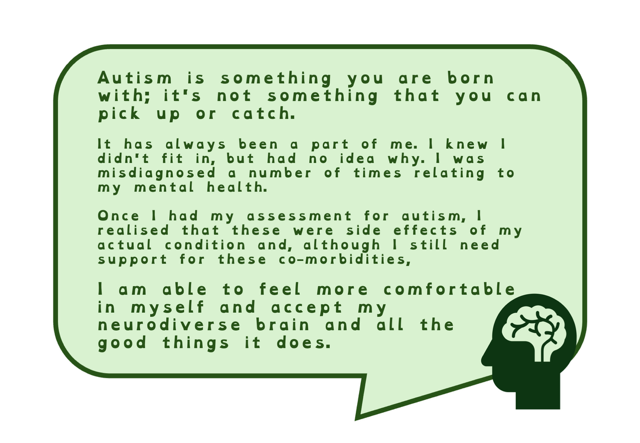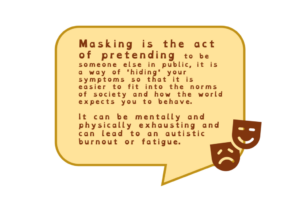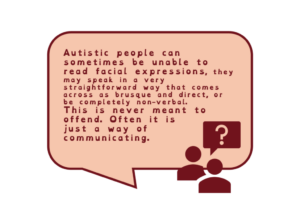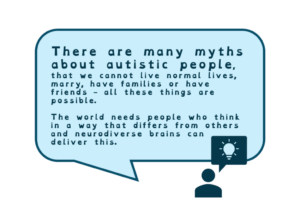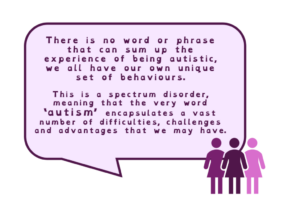Autism, Neurodiversity and Misdiagnosis.
As a teenager I was desperate to receive help in discovering why I was suffering from all sorts of symptoms that were making my life very difficult. Much of it was explained away as “growing pains”, although I was soon enough referred to a youth counselling service.
This led to years and years of mental health interventions, different therapies and multiple crises, in turn hurling me into a cycle of assessments and misdiagnoses.
This is not uncommon for autistic women.
In my own case, I was told that I had ‘Emotionally Unstable Personality Disorder’, dysthymia (now more commonly known as persistent depressive disorder), generalised anxiety disorder, and social anxiety disorder. At my worst, I was feeling suicidal, as there seemed to be no answers. I was unaware that there was one diagnosis that would make it all make sense,
but I was decades away from that point. It took persistence and, in the end, a doctor who was switched on enough to suggest that I seek an autism assessment.
There is a lot of overlap between the symptoms of Borderline Personality Disorder (BPD) and autism, and it’s easy to see that it could be entirely possible to make a misdiagnosis. Even so, it’s frustrating and confusing for the patient, sometimes being on a series of prescription medications which prove ineffective.
However, in the nigh on 35 years since I first visited to my doctor to ask what was ‘wrong’ with me, the conversation around neurodiversity and autism has
matured, and the true voices of women who have spent sometimes decades masking through necessity are being heard.
During World Autism Acceptance Month, we can focus on the positive things that we add to society, raise awareness and promote acceptance and celebrate our differences.
Lucy Dawson
Autistic advocate and blogger, Ambassador for Wiltshire Council
Listen to Lucy talking about her life here: YouTube


